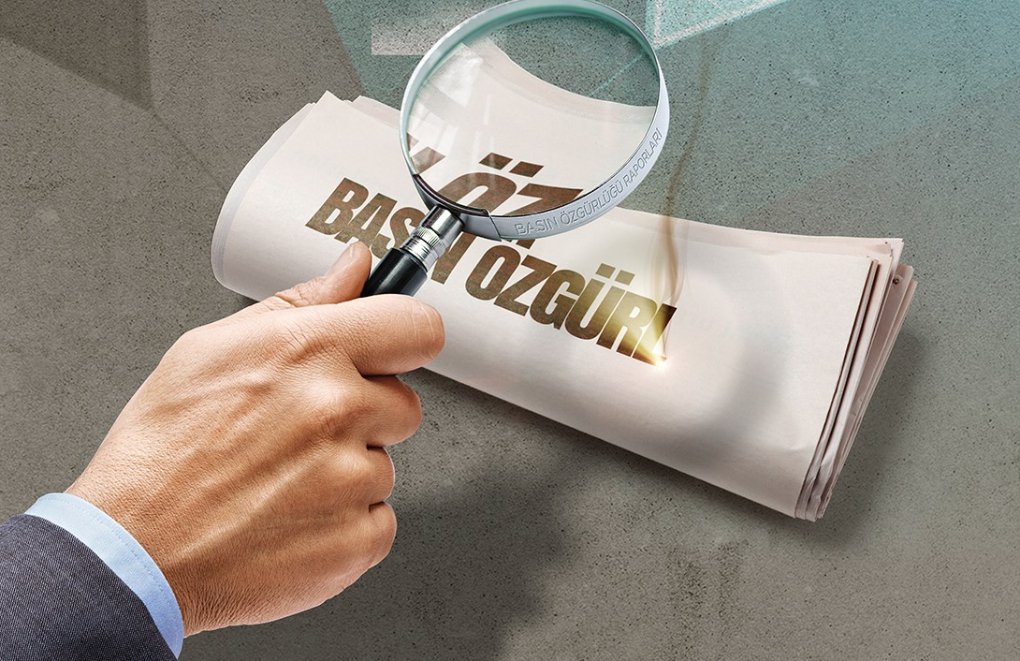"Press free..." (from Twitter)
Click to read the article in Turkish
Freedom Research Association, with the support of National Endowment for Democracy, has launched a project titled "Structural Reforms in Turkey."
As part of the project, a report has been prepared with the aim of identifying the problems in five main areas, namely the legislative and judicial powers, public tender regime, public personnel regime and media freedom, and offering possible solutions for these documented problems.
In a recent report titled "Construction of Media for Democracy, Starting Everything from Scratch, Tabula Rasa" and penned by journalist Derya Sazak, the existing problems in Turkey's media have been identified and possible solutions have been proposed within this context.
The report has found the following problems:
- The media, as a public space of activity, is controlled through ownership structures and the media is not free.
- The press/media has remained under the authority of the state/political power holders and/or the military. The press/media is far from reflecting the voice of the public.
- Mainstream media has been intertwined with power groups, which harms the alternative media.
- There has been an understanding of the media that is deaf to the ones who are not one of them.
- Media workers are afraid of losing their jobs or accessing their news sources.
- Under a government where there is no good-functioning democracy and which is getting more and more authoritarian, one cannot talk about freedom of expression, just as one cannot expect the media and its workers to be free.
Derya Sazak has also shared his solution offers:
- When the ownership of mainstream newspapers and TVs is concerned, it needs to be ensured with a legal amendment that the capital holders who will enter this sector will be occupied only with media broadcasting/ publication. If the business groups owning media outlets are not barred from investing in other fields, the groups doing business in both the media and other fields must be prevented from participating in public tenders.
- A whole and complementary Press Law must be introduced. In drafting this legal amendment, a joint action must be taken with journalists, civil society organizations and media owners.
- The content of the education provided to students at the faculties of communication, where journalists and reporters are raised, must be reviewed and improved. Various practices in the West can be taken into account during this process of review and improvement.
- Trade unions must be no longer a system that solely protects the professional personal rights of journalists; trade unions must be turned into a system which organizes the profession and structures it as it is. The diversification of trade unions is an important issue as well.
- Alternative media must be reinforced and improved; there is a need to clear the path for the alternative media. Financial support, along with moral support, must be provided in this process.
- Behaviors concerning professional ethics must be questioned; the persons practicing this profession must be encouraged to act independently of their personal ideologies and views.
- First, democracy must be restored and judicial independence must be ensured so that freedom of expression and press can be safeguarded.
- As associating the independence of the reporter solely with the union will not suffice, there is a need for an environment of independence that will ensure job safety, there is a need for a news cooperative. (HA/SD)
* Click here to read the full report (in Turkish)

